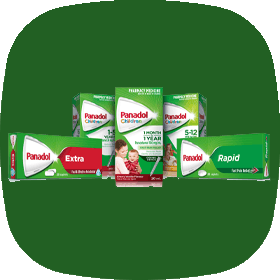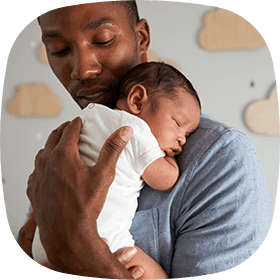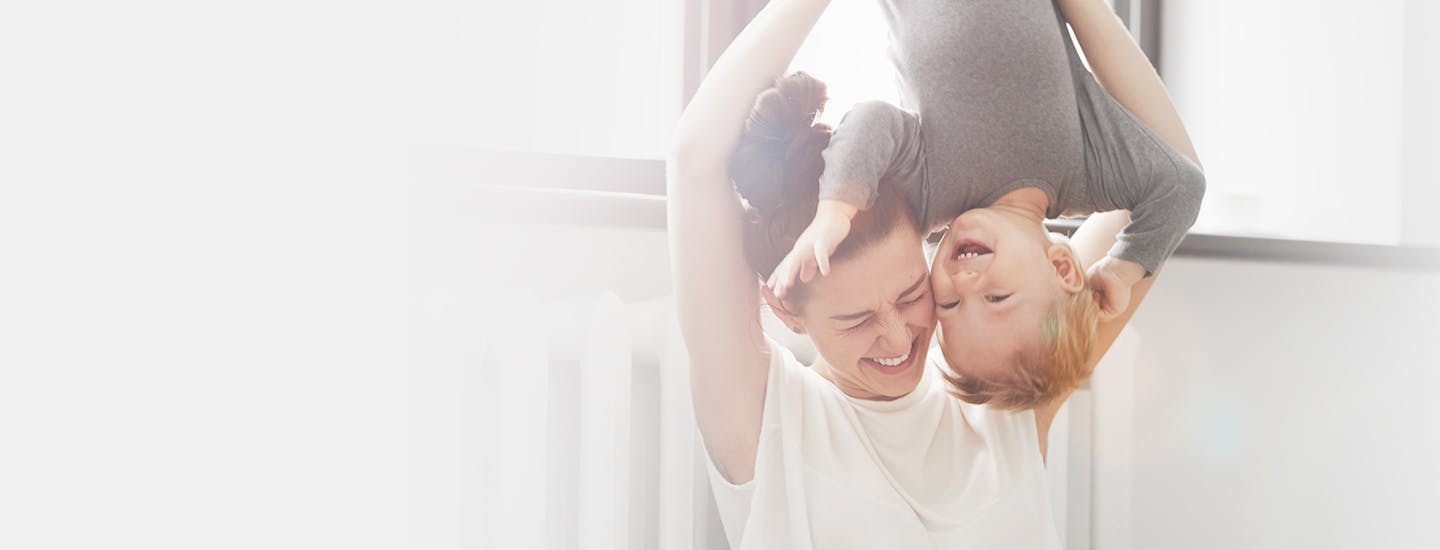Panadol Regular
Panadol Rapid
Panadol Extra
Panadol Osteo
Panadol Childrens - Liquid
Children’s Panadol Colourfree Liquid (1 Month – 1 Year)
Children’s Panadol Elixir (5 Years – 12 Years)
Panadol Childrens – Suspension
Children’s Panadol Colourfree Suspension (1 Year- 5 Years)
Children’s Panadol Colourfree Suspension (5 Years – 12 Years)
Panadol Childrens – Suppositories
Children’s Panadol Suppositories (6 Months – 5 Years)
Children’s Panadol Suppositories (5 Years – 12 Years)
Panadol Childrens – Chewable



If you are looking for information about Panadol products, you can learn more about our range here:
If you need to reach out to us about anything related to Panadol, please contact us here


